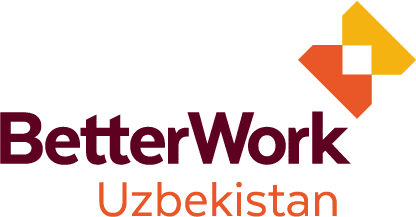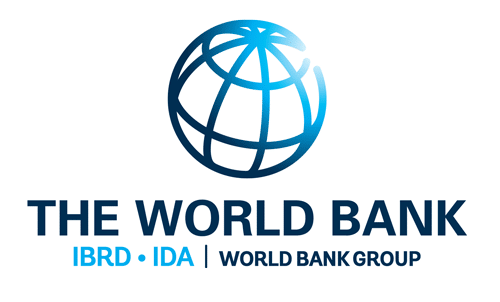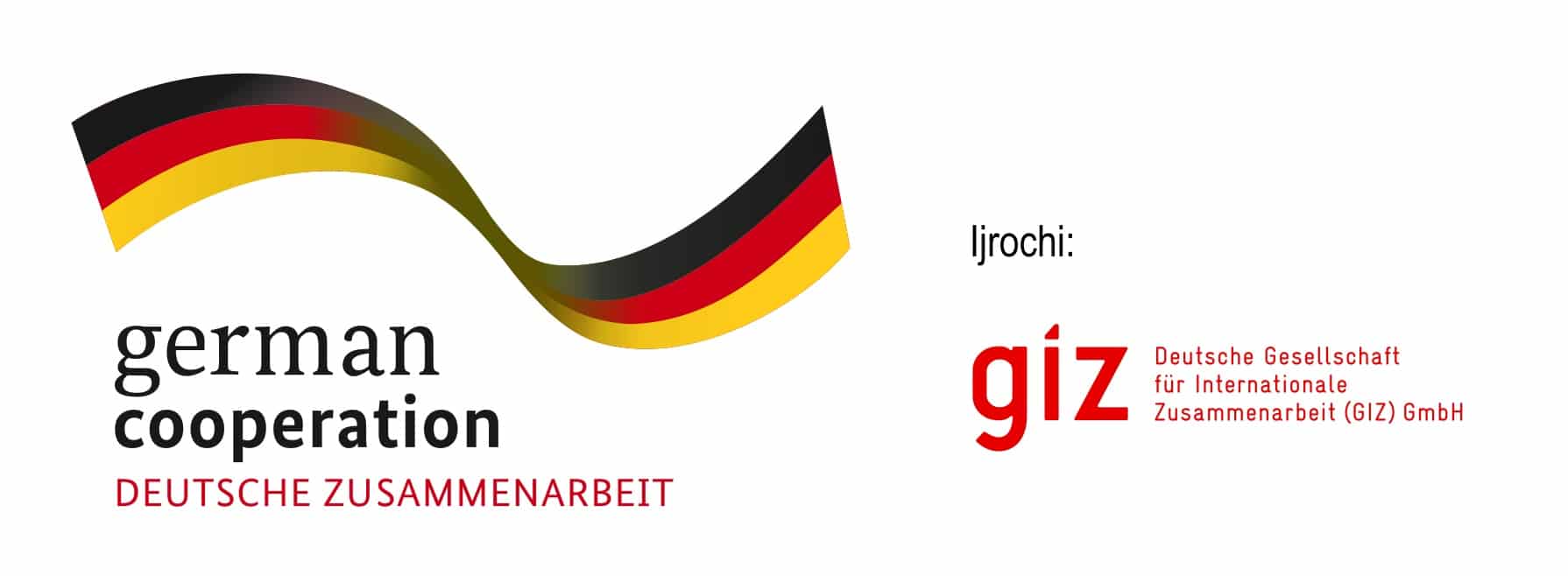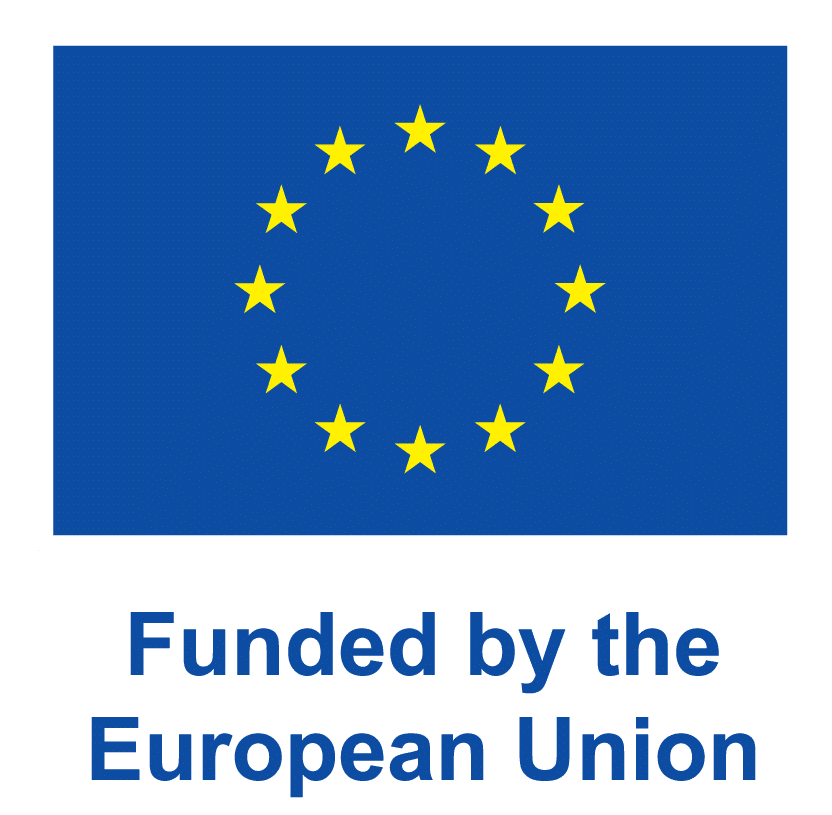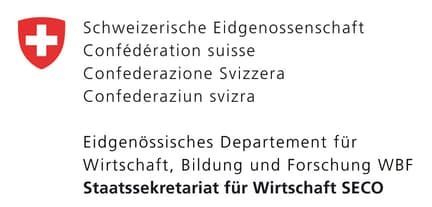Better Work Uzbekistan
After conducting a feasibility study in 2022, the ILO and IFC Better Work programme is launching its operations in Uzbekistan.
This is part of a larger ONE ILO programme that focuses on the entire cotton and textile value chain. Uzbekistan is among the top ten cotton producers worldwide, and the textile and garment sector has been undergoing significant reforms over recent years.
This programme follows a request from the Uzbek tripartite constituents – government, employers and workers – who formally asked for the ILO’s consideration to implement the Better Work Programme to “further improve the working conditions of garment industry workers, enhance dialogue between employers and employees, implement international labour norms and standards, as well as increase the competitiveness of garment enterprises and promote economic growth.”
Programme Status and the Path Forward
While the 2022 feasibility study concluded that Uzbekistan meets many of the criteria needed for a Better Work Programme, it also found that there are some impediments. These include commercial constraints – Uzbekistan does not yet supply Better Work business partners – and issues related to the governance of the labour market which affect the long-term sustainability of progress.
Better Work has established five measures to enable our partnership with national stakeholders to achieve the desired shared impacts on decent work and equitable economic growth in the industry in Uzbekistan. These were captured in an MoU with the national constituents, which was formerly agreed and signed off on 30 May, 2023. The MoU measures include:
1. Enforce legal and practical measures to facilitate the implementation of ILO Convention 81, including unannounced workplace inspections by the labour inspectorate.
2. Take action to strengthen the operating environment for Freedom of Association and the Right to Collective Bargaining in line with ILO Conventions 87 and 98.
3. Facilitate enterprise-level meetings of bipartite “worker-management committees”, including giving workers the ability to freely and fairly elect representatives of their choice.
4. Collaborating in capacity-building activities and programmes that support textile & garment manufacturers to meet the standards required by European, North American and other consumer markets.
5. Together with the national constituents, explore the feasibility of giving BWU mandatory status to create a level playing field. If feasible, the mandatory nature of BWU would have to be phased in.
The programme will also work directly with factories in the garment and textile value chain in Uzbekistan, applying Better Work methodologies to create a culture of compliance, social dialogue and management systems and liaise with international buyers who are interested to source from suppliers in Uzbekistan. To this end, Better Work will also collaborate with other organisations supporting the industry, including GIZ and BCI and other relevant actors.
Should a longer-term programme be feasible, the ILO and IFC will support the tripartite constituents and the industry to achieve decent work and equitable and inclusive growth. Collaboratively, we intend to strengthen capacity on Freedom of Association and Collective Bargaining, strengthen the labour inspectorate, support constituents to establish inclusive and well-functioning social dialogue mechanisms, promote gender inclusion and women’s economic empowerment and ensure that the underlying drivers for a competitive industry are in place.
Uzbekistan’s Textile & Apparel Competitiveness Study
Led by the IFC, the competitiveness study was conducted to show interested international brands and retailers the opportunities and viability of sourcing products from Uzbekistan.
Learn more